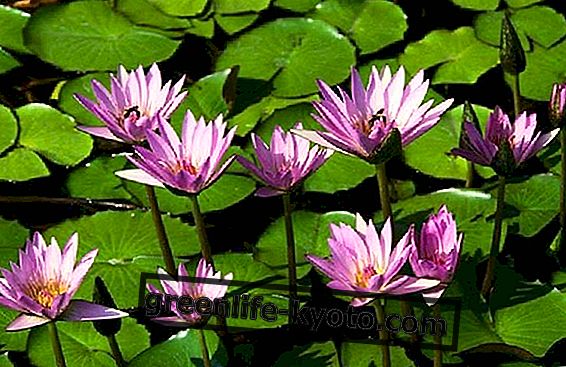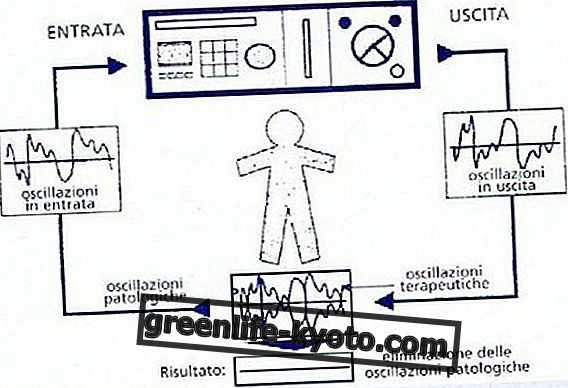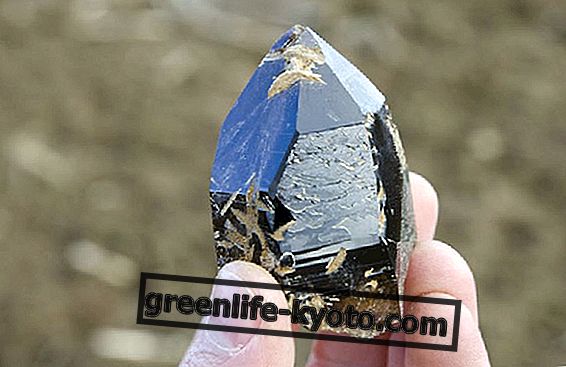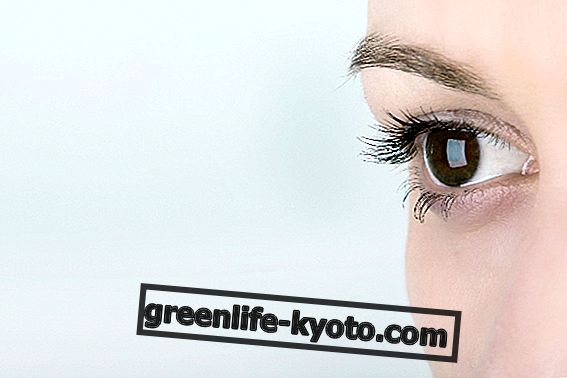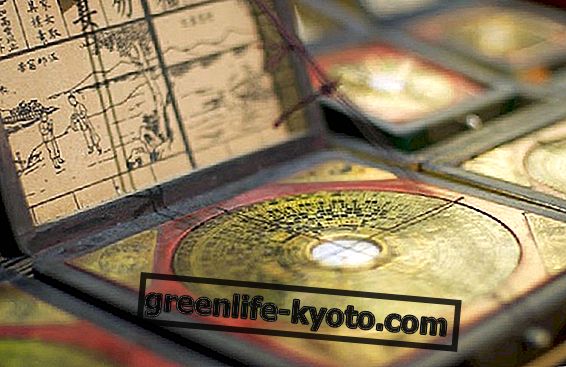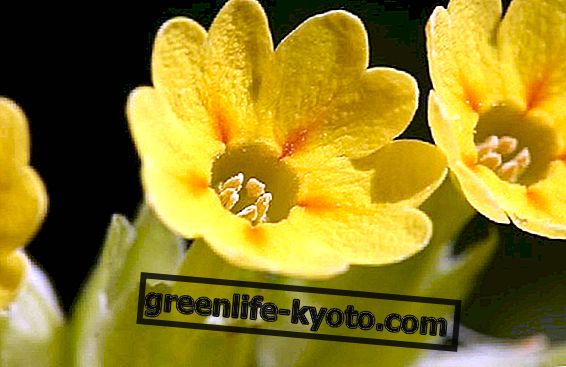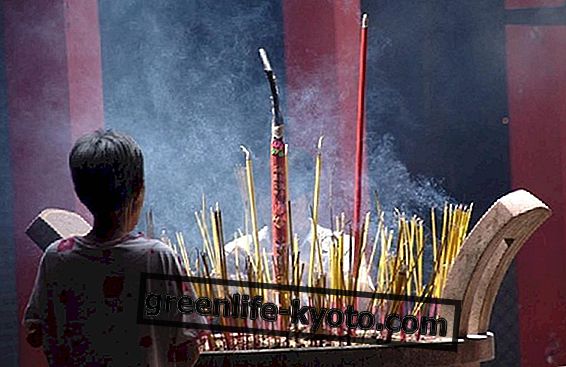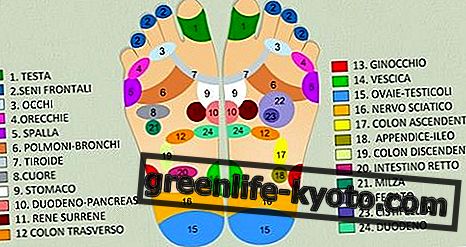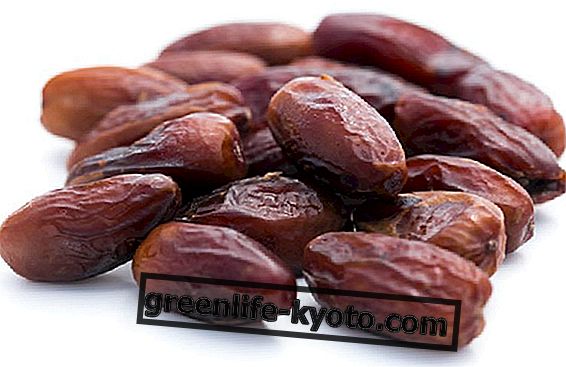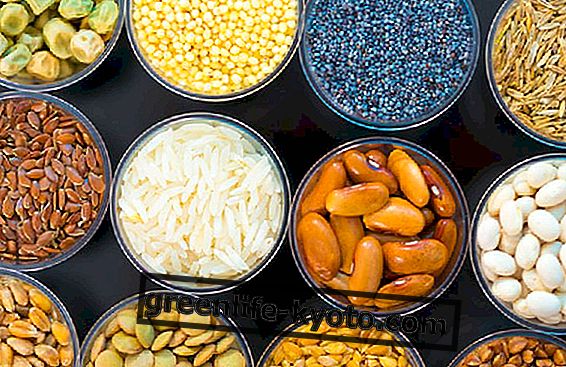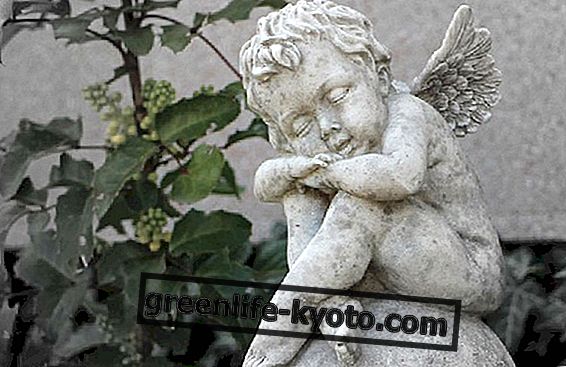
Centella and horse chestnut are two of the most effective plants in alleviating the symptoms of chronic venous insufficiency : swelling of the lower limbs, a feeling of heaviness in the legs and edema can improve significantly thanks to the intake of centella and horse chestnut.
What is venous insufficiency
Chronic venous insufficiency is a common pathology, in which the veins do not favor the return of the blood flow, with consequent stagnation of blood in the tissues, especially in the lower limbs.
Symptoms of venous insufficiency include swelling of the lower limbs, feeling of heaviness in the legs, night cramps, pain, dilated capillaries, varicose veins. In the most serious cases there are complications such as phlebitis, thrombosis and ulceration.
In phytotherapy there are different plants useful for alleviating the symptoms related to chronic venous insufficiency: among these we find the centella and the horse chestnut.
Centella for venous insufficiency
Centella asiatica is a spontaneous herbaceous plant of tropical and subtropical areas, today cultivated in several eastern countries.
The centella drug is given by the aerial parts of the plant and contains triterpenes, flavonoids, amino acids and essential oil.
Centella is effective in various disorders related to venous insufficiency since its intake leads to an increase in the elasticity of the veins and a reduction in the capacity of dilation of the sangigni vessels: these effects are linked to an increase in collagen and mucopolysaccharides, responsible for of the resistance and tone of the veins.
The centella also favors the removal of excess liquids, reducing edema and cellulite.
Centella intake is therefore useful in case of venous insufficiency, phlebitis, varicose veins, dilated capillaries, hemorrhoids and water retention.
The centella can be taken under the form of herbal tea, dry extract or liquid and is generally associated with blueberry, Ginkgo biloba and horse chestnut .
Horse chestnut for venous insufficiency
Also the seeds of Aesculus hippocastanum are a valid aid to relieve the symptoms related to venous insufficiency.
The seeds of the horse chestnut contain a mixture of saponins called escin, as well as tannins, flavonoids and coumarins: thanks to these components, the horse chestnut is effective in increasing venous tone, strengthening the vessel wall and reducing inflammation, effects that result in a reduction in the symptoms of venous insufficiency.
The horse chestnut is therefore recommended in case of venos insufficiency, phlebitis, varicose veins, hemorrhoids; it is taken in herbal tea or extract, often associated with other drugs such as centella, ginkgo, olive and blueberry.
Horse chestnut based cosmetic products are used to fight cellulite and couperose.
